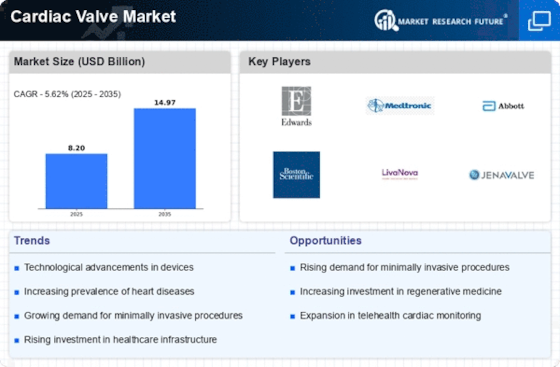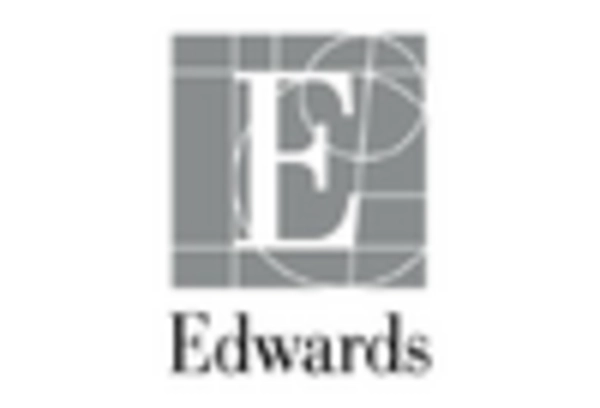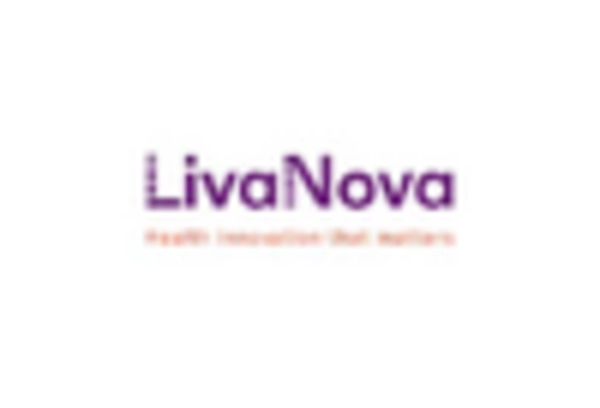Market Analysis
In-depth Analysis of Cardiac Valve Market Industry Landscape
The cardiac valve market is evolving rapidly because to an older population, improved heart care, and more heart valve disorders. The market is crucial for developing innovative treatments for valvular diseases and cardiac valves, which keep blood flowing through the heart. Increasing cardiovascular diseases including heart valve difficulties affect the market. Global cardiovascular disease rates increase the need for cardiac valve treatments, replacements, and repairs, changing market patterns. Technology constantly improves, affecting the market. Transcatheter valve replacements, tissue-engineered valves, and less invasive surgery enhance patient outcomes and alter the market. The market prefers less invasive heart valve repair. Transcatheter aortic valve replacement (TAVR) changes the cardiac valve business by reducing recovery time and problems. Pediatric cardiology increasingly uses cardiac valves. The market has changed to accommodate the demands of younger people born with heart abnormalities due to advances in pediatric cardiac procedures and valves. Markets depend on following regulators' rules and approval processes. Strict standards ensure heart valve safety and effectiveness, but they also affect product development, market entry, and maker competitiveness. Global firms compete in the heart valve market. Consolidation, strategic partnerships, and international partnerships and acquisitions alter market dynamics. Valve repair is becoming a preferred alternative to valve replacement. Repairing native valves instead of replacing them changes the market and gives patients options that may improve long-term outcomes. Patients prefer bioprosthetic valves over mechanical ones, affecting the industry. Based on biological tissues, bioprosthetic valves are more natural and lower blood clot risk, altering market need. Less invasive than surgery, transcatheter valve treatments are common. Transcatheter aortic and mitral valve replacements enhance high-risk and geriatric treatment options. The market changes as heart valves are stressed for durability. Durability and re-interventions drive prosthetic valve makers to make them live longer. This affects patient and healthcare staff options. Markets are increasingly concerned about environmental issues. Eco-friendly and socially responsible materials and production processes are being investigated by heart valve makers. This follows healthcare industry trends.


















Leave a Comment